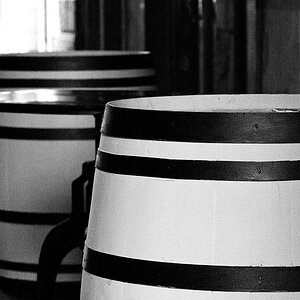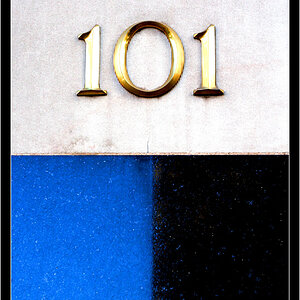Gregidon
TPF Noob!
- Joined
- Jun 9, 2007
- Messages
- 10
- Reaction score
- 0
- Can others edit my Photos
- Photos OK to edit
I just got a Canon Digital Rebel XTi, or 400D to some of you
Anyway, I've been reading a little about the camera and looking at photos and everything. Anyway, the general consensus is that the kit lense it pretty bad. I was wondering what exactly is lacking about it. It is just a jack of all trades master of none sort of thing? What sorts of problems do you get with a kit lense? What is it that i will find myself struggling to do over lets say a better 18-55mm lense? Thanks everyone!
-greg-
Anyway, I've been reading a little about the camera and looking at photos and everything. Anyway, the general consensus is that the kit lense it pretty bad. I was wondering what exactly is lacking about it. It is just a jack of all trades master of none sort of thing? What sorts of problems do you get with a kit lense? What is it that i will find myself struggling to do over lets say a better 18-55mm lense? Thanks everyone!
-greg-



![[No title]](/data/xfmg/thumbnail/39/39645-11fae384f9fd2ec2813acc42adec0206.jpg?1619739148)
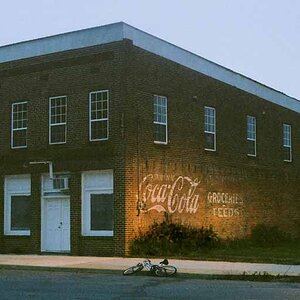

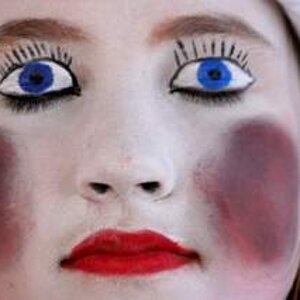
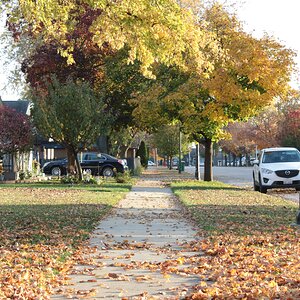
![[No title]](/data/xfmg/thumbnail/32/32809-afb9514cb8c02e2e41c241946e185251.jpg?1619735668)
![[No title]](/data/xfmg/thumbnail/37/37120-1d477daab99b292a0c740b50f1c96d53.jpg?1619737883)
![[No title]](/data/xfmg/thumbnail/39/39420-c7c6e6f01cdeeceeb81ee717b24dd629.jpg?1619739024)
![[No title]](/data/xfmg/thumbnail/37/37118-b2220638658eaeed2b9256c9a8fd0cf0.jpg?1619737883)

